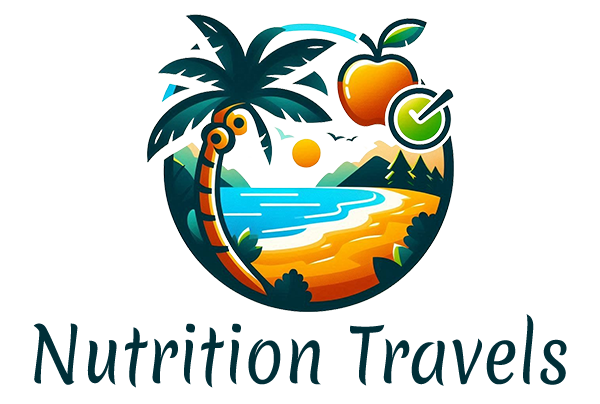Ever feel mentally drained or unusually anxious? Your brain might be missing key nutrients. Vitamins and minerals are not just about physical health—they play a critical role in supporting brain function, stabilizing mood, and maintaining emotional balance. A deficiency in these essential nutrients can negatively impact mental health and increase the risk of depression and anxiety. Therefore, it’s important to ensure an adequate intake of vitamins and minerals through a healthy diet. In this article, we explore the most important vitamins and minerals that affect mental health, their rich dietary sources, and the best ways to benefit from them.

Vitamins and Minerals and Their Role in Mental Health:
Think of vitamins and minerals as the backstage crew in your brain’s performance—they help produce energy, balance neurotransmitters, and keep your mind sharp and stable. When it comes to mental health, these nutrients are essential, directly influencing mood, energy levels, and concentration.
Key Vitamins for Mental Health:

1- B-Complex Vitamins: These are essential for turning food into energy and producing brain chemicals like serotonin and dopamine—both crucial for fighting off depression and anxiety.
Sources: Lean meats, fish, eggs, whole grains, nuts, and legumes—easy to include in everyday meals like oatmeal, stir-fries, or salads.
2- Vitamin D: Impacts brain receptors and is strongly linked to depression.
Sources: Fatty fish, dairy products, eggs.
3- Vitamin C: A powerful antioxidant that helps reduce stress.
Sources: Red and yellow peppers, oranges.
Key Minerals for Mental Health:
1- Magnesium: Helps with relaxation, reduces anxiety, and improves sleep quality.
Sources: Nuts, seeds, leafy green vegetables, dark chocolate.
2- Zinc: Often overlooked, but this mineral supports mood balance, enhances memory, and helps protect against symptoms of depression—especially under stress., and protection against depression.
Sources: Meat, poultry, legumes, dairy products.
3- Selenium: An important antioxidant that protects brain cells and helps regulate mood and improve mental health.
Sources: Eggs, meat, whole grains, sunflower seeds.
4- Iron: Crucial for delivering oxygen to the brain. Its deficiency may lead to mental fatigue and reduced concentration.
Sources: Liver, red meat, lentils, spinach.
How to Benefit from Vitamins and Minerals:
1- Eat a colorful, balanced diet
2- Move your body daily—even a 20-minute walk helps

3- Prioritize quality sleep
4- Soak up some sunlight (Vitamin D!)
5- Reduce stress with breathing or mindfulness
6- Cut down on processed foods and sugary drinks
What you eat affects how you feel. Nourishing your brain with the right vitamins and minerals can mean the difference between foggy thinking and clear focus, between low energy and vibrant mood. At Nutrition Travels, we’re here to guide you in choosing foods that feed both your body and your mind. Start today—your mental wellness deserves it.
At Nutrition Travels, we provide you with the most relevant information, the latest research, and practical tips on nutrition that supports your mental well-being. Choose the foods that brighten your day and support your emotional balance. Follow us and start your journey toward a calmer, more focused, and happier life.





